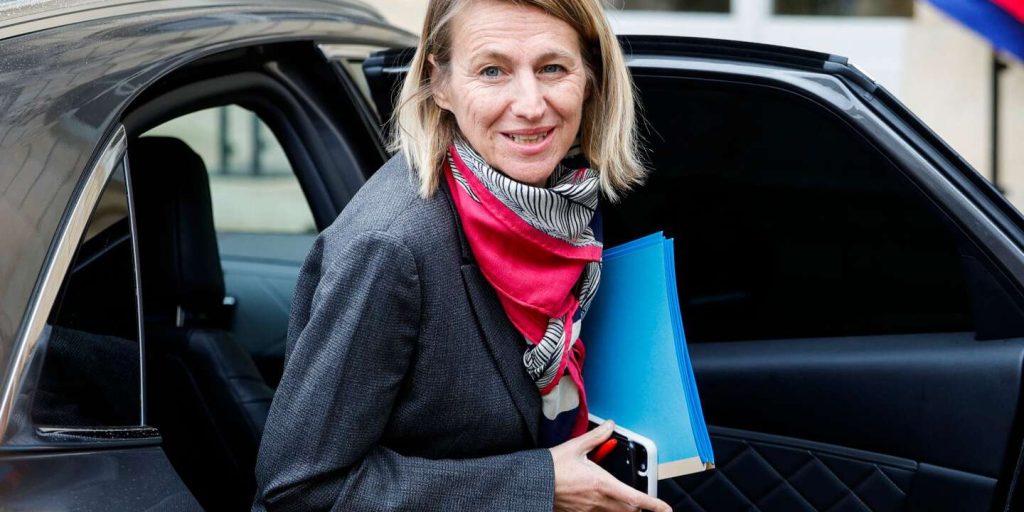Michel Barnier was extensively interviewed on France 2 regarding the tight budget he is preparing to present, with the aim of reducing the debt by 60 billion euros. He denied any “fiscal shock,” as some have claimed, as well as any “austerity” or “rigor” policies. The Prime Minister revealed some details about the planned tax increases in the budget and answered questions about the policies he intends to implement at Matignon.
According to Barnier, about 300 of the largest companies that generate over 1 billion euros in revenue will be asked to make an additional temporary effort. The duration of this additional contribution will be specified in the law, lasting one to possibly two years. However, there will be no new taxes on the majority of the 4 million businesses, he reassured.
The increase in taxes for the wealthiest households will result in an estimated 2 billion euros in revenue. Specifically, households with a fiscal income of over 500,000 euros will be affected by this measure. Additionally, Barnier confirmed that the taxation of high incomes will help generate significant income for the budget.
One of the measures included in the budget is the postponement of the indexation of retirement pensions on inflation for six months, starting on July 1, 2025, instead of January 1. Barnier acknowledged that this decision requires an “effort” from retirees, which he believes is fair and proportionate, although it may be challenging. The Parliament will have the freedom to propose changes during budget debates, which may result in different decisions.
In terms of cost-saving measures, Barnier mentioned various strategies such as merging public services, not replacing certain non-essential civil servants, and consolidating redundant government agencies. He also highlighted the reallocation of aid for apprenticeships and healthcare transport as areas where significant savings could be made. By streamlining these services, the government aims to reduce unnecessary expenses and improve efficiency.
Regarding immigration policies, Barnier emphasized that he sets the direction and policies in that area, amidst controversial statements from the Minister of the Interior, Bruno Retailleau, about the rule of law. Barnier assured that strict measures will be implemented to control immigration, although he seemed to dismiss the idea of enacting a new immigration law as demanded by Marine Le Pen. Finally, on the sensitive topic of end-of-life issues, Barnier expressed his support for the initial version of the draft law that allows for assistance in dying under strict conditions, indicating a willingness to resume discussions on this divisive topic following the suspension of parliamentary debates due to the dissolution.


